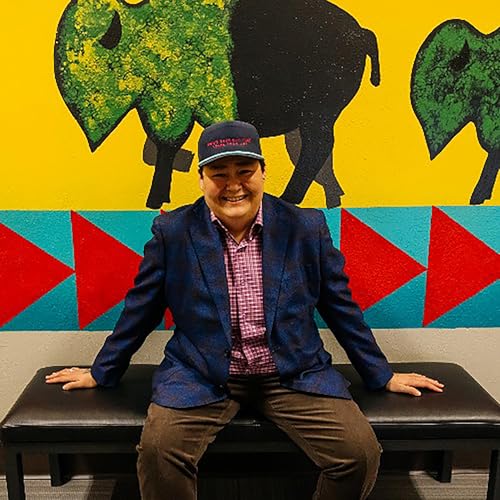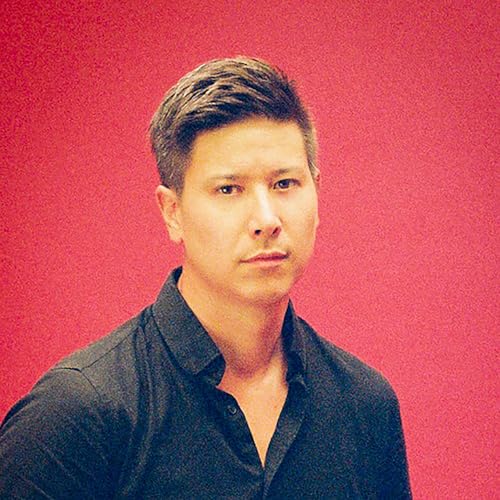The conversation centers around Ryan Stopera, a multifaceted artist whose work in film, photography, and community development illustrates the potency of storytelling as a catalyst for social change. As a mixed-race, Chinese American individual, Ryan’s journey is deeply influenced by his background in social work and his commitment to community engagement. He commenced his career by supporting marginalized populations, such as those experiencing homelessness and foster care youth, which profoundly shaped his artistic lens. Throughout the conversation, Ryan articulates how his initial foray into documenting protests around the 2008 recession became a pivotal moment, igniting his passion for documentary filmmaking as a medium to amplify voices often silenced in mainstream narratives. This episode intricately weaves the threads of personal loss—specifically, the death of his sister, who was a filmmaker herself—into his creative impetus, revealing how grief can transform into a powerful narrative force.
Ryan’s artistic philosophy emphasizes collaboration and the necessity of community-based storytelling. He reflects on how the supportive fabric of the Twin Cities’ artistic environment has fostered his projects, allowing for the coalescence of diverse voices and ideas. The episode further explores his current endeavors, including his work on a feature-length documentary titled 'Why We Dance', which illustrates the significance of indigenous dance as a vessel for cultural expression. Through heartfelt anecdotes and a commitment to social justice, Ryan's insights serve as a testament to the belief that art can indeed shape societal discourse, encouraging future generations to embrace their narratives and create collaborative spaces for change.
Takeaways:
Ryan Stopera's profound journey as a self-taught artist began with his dedication to social work, emphasizing the importance of community engagement.
Through his documentary work, Ryan has elevated marginalized narratives and transformed them into powerful stories that resonate with audiences.
Collaboration is a cornerstone of Ryan's artistic practice, allowing him to merge storytelling with community organizing for impactful change.
Ryan's filmmaking endeavors strive to showcase the often-invisible aspects of community life, fostering connection and understanding among diverse populations.
The influence of familial relationships, particularly the memory of his late sister, serves as a driving force in Ryan's creative expressions and storytelling.
As an artist, Ryan advocates for the significance of building intentional relationships that sustain collaborative projects and enrich the creative process.
Links referenced in this episode:
www.waterers.org
elevenwarriorarts.com
https://www.ryanstopera.com/
https://www.artoftherural.org/
Companies mentioned in this episode:
Waterers
Bank of America
Art of the Rural
 Dec 31 20254 m
Dec 31 20254 m Dec 10 202538 m
Dec 10 202538 m Dec 3 202548 m
Dec 3 202548 m Nov 26 202540 m
Nov 26 202540 m Oct 29 202531 m
Oct 29 202531 m Oct 8 202530 m
Oct 8 202530 m Oct 1 202541 m
Oct 1 202541 m Sep 24 202522 m
Sep 24 202522 m
